
62: Season finale
Dima and Slava discuss the end of the second season of Biweeklycast and talk about what to expect in the upcoming third season.

61: Shall we get more feedback?
Dima and Slava discuss the practice of Open Feedback Circle and challenges of providing specific and actionable corrective feedback.
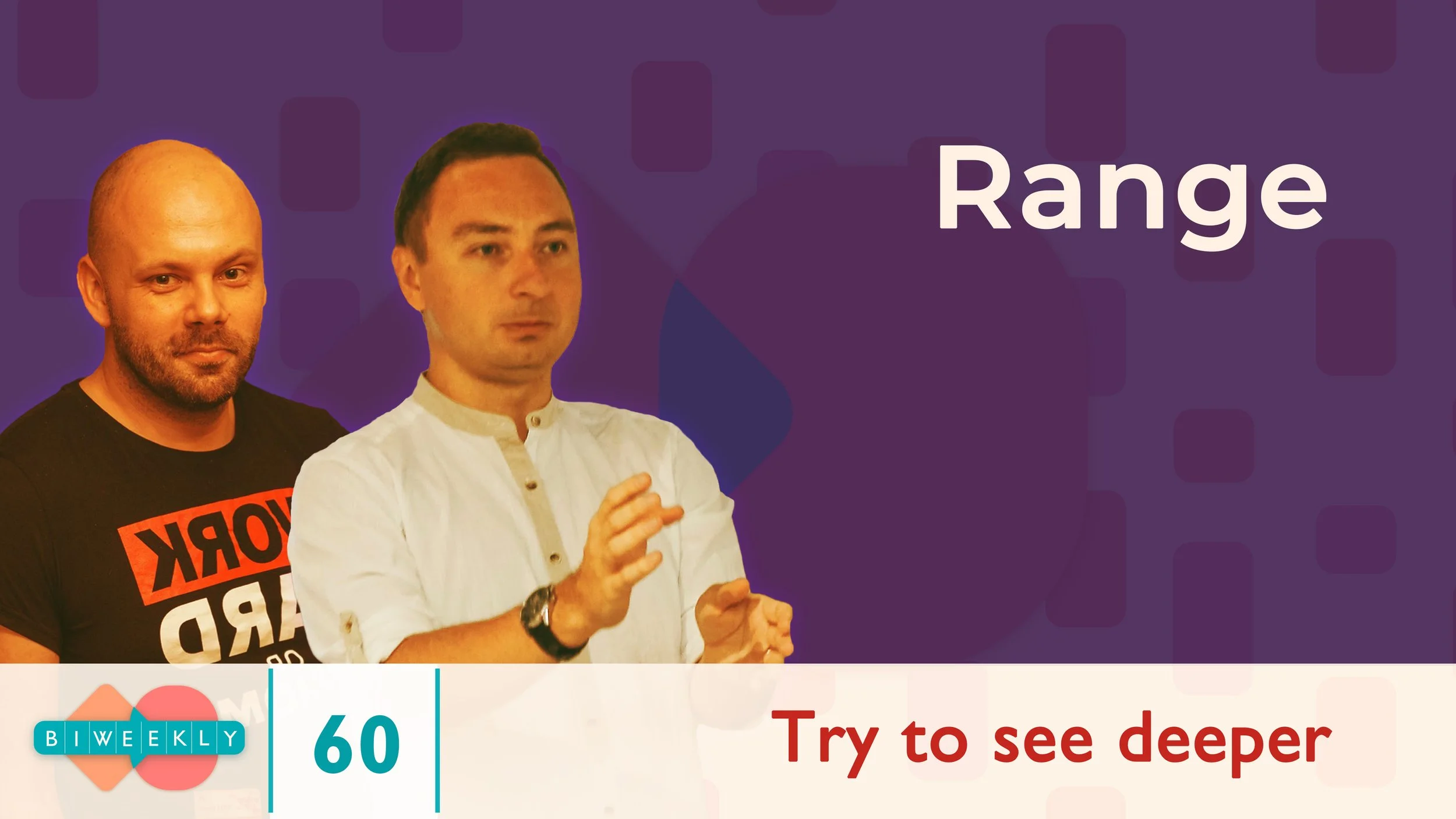
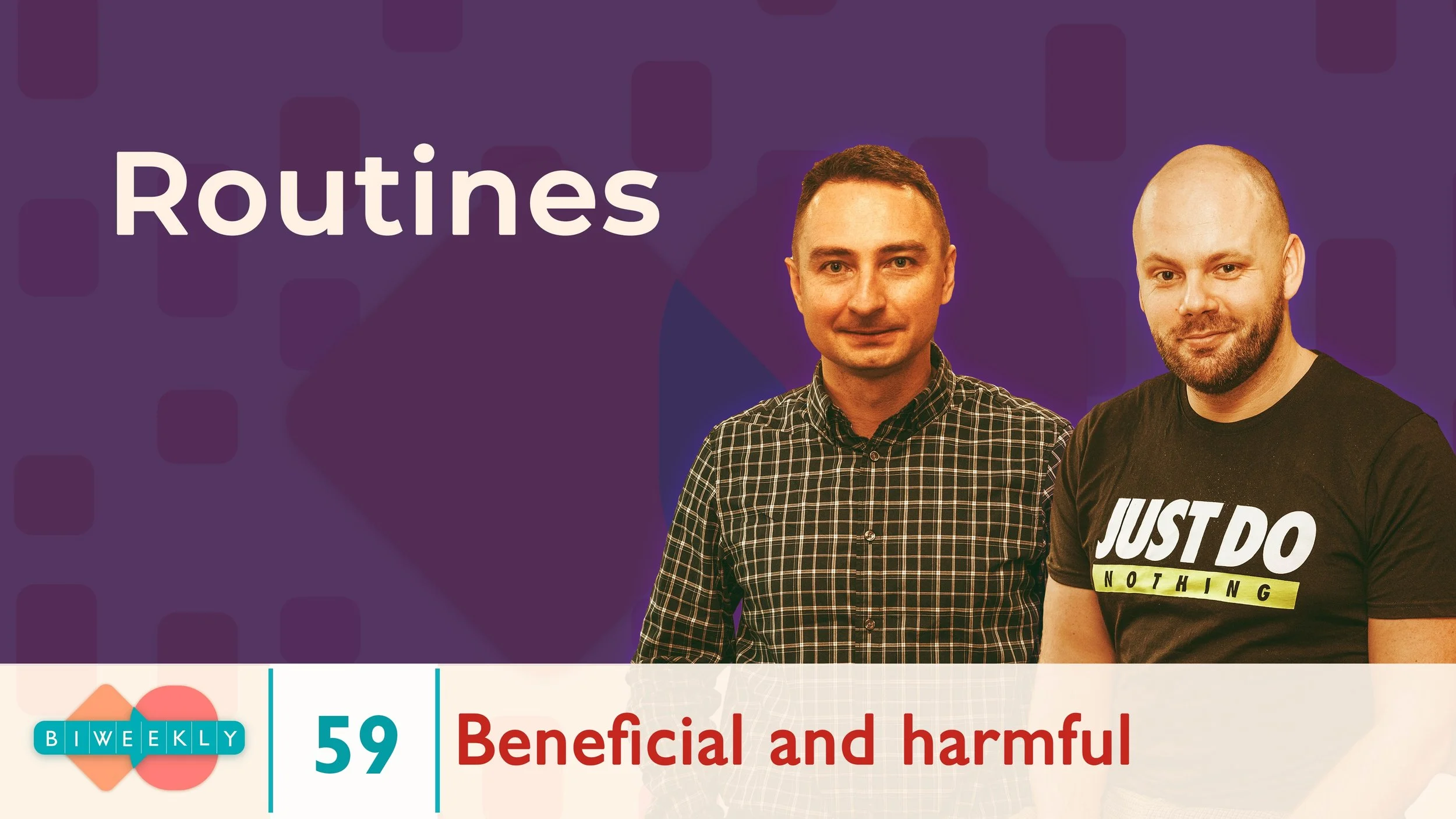
59: Routines
Dima and Slava start with discussing routines and dealing with them, and discover that there is a lot more than routines out there: habits, behavioural patterns, traditions, and rituals.

58 Three small stories
Slava brings three stories from his recent professional practice and together with Dima they discuss using case studies in business training, designing a card game, and running strategic sessions for military units.

57: Effects of AI
Dima and Slava discuss a report from a foresight exercise by Aspen Digital about second and third order effect of AI, criticize the output, and agree with demise of practical skills driven by different kinds of automation.

56: Spreadsheet mentality
Dima and Slava discuss the spreadsheet mentality and the general difficulties of making data-driven decisions while not loosing the forest for the trees.
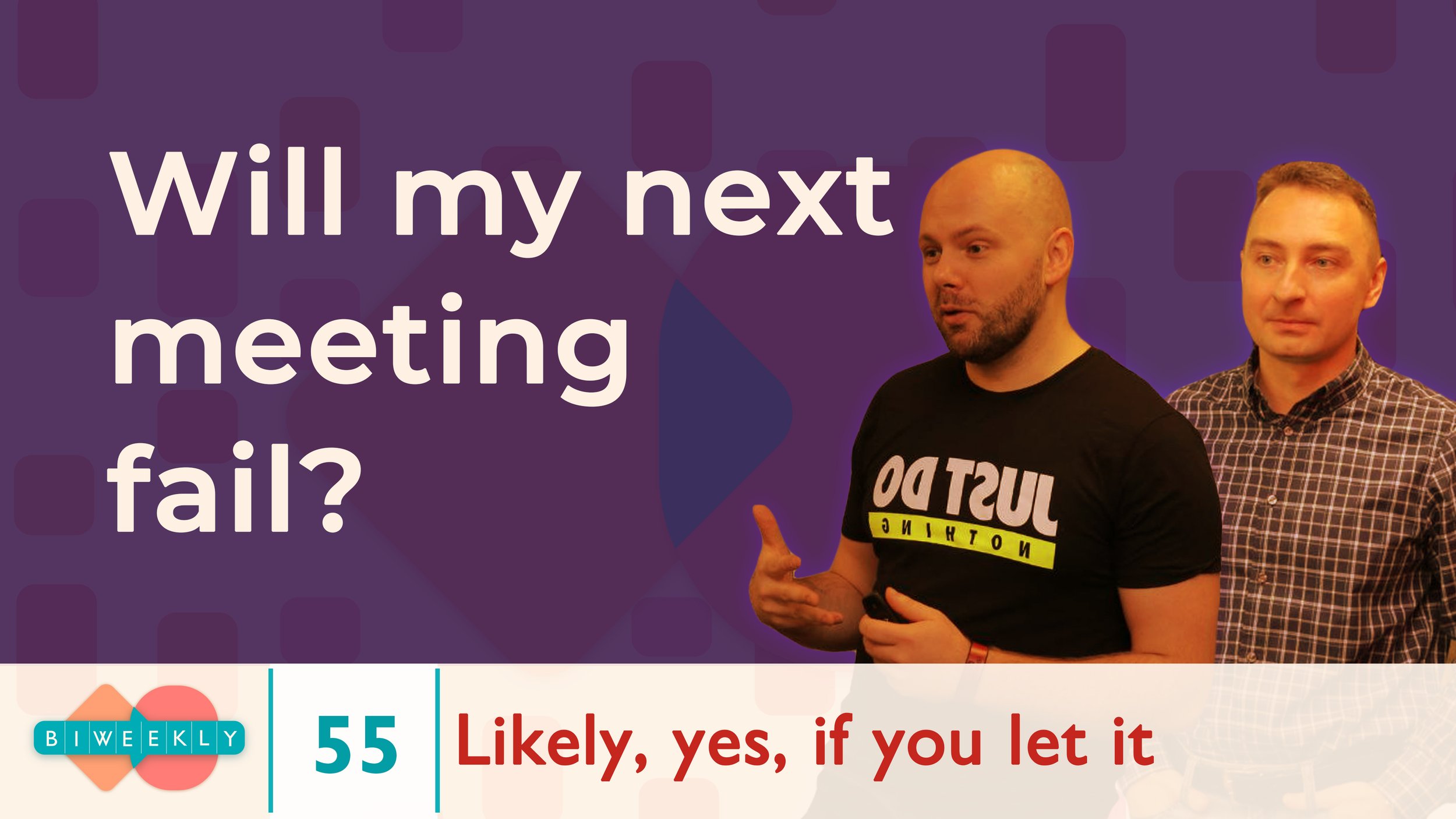
55: Will my next meeting fail?
Dima and Slava discuss all the so familiar ways in which business meetings can fail and share their thoughts on how to prevent meetings from failing.
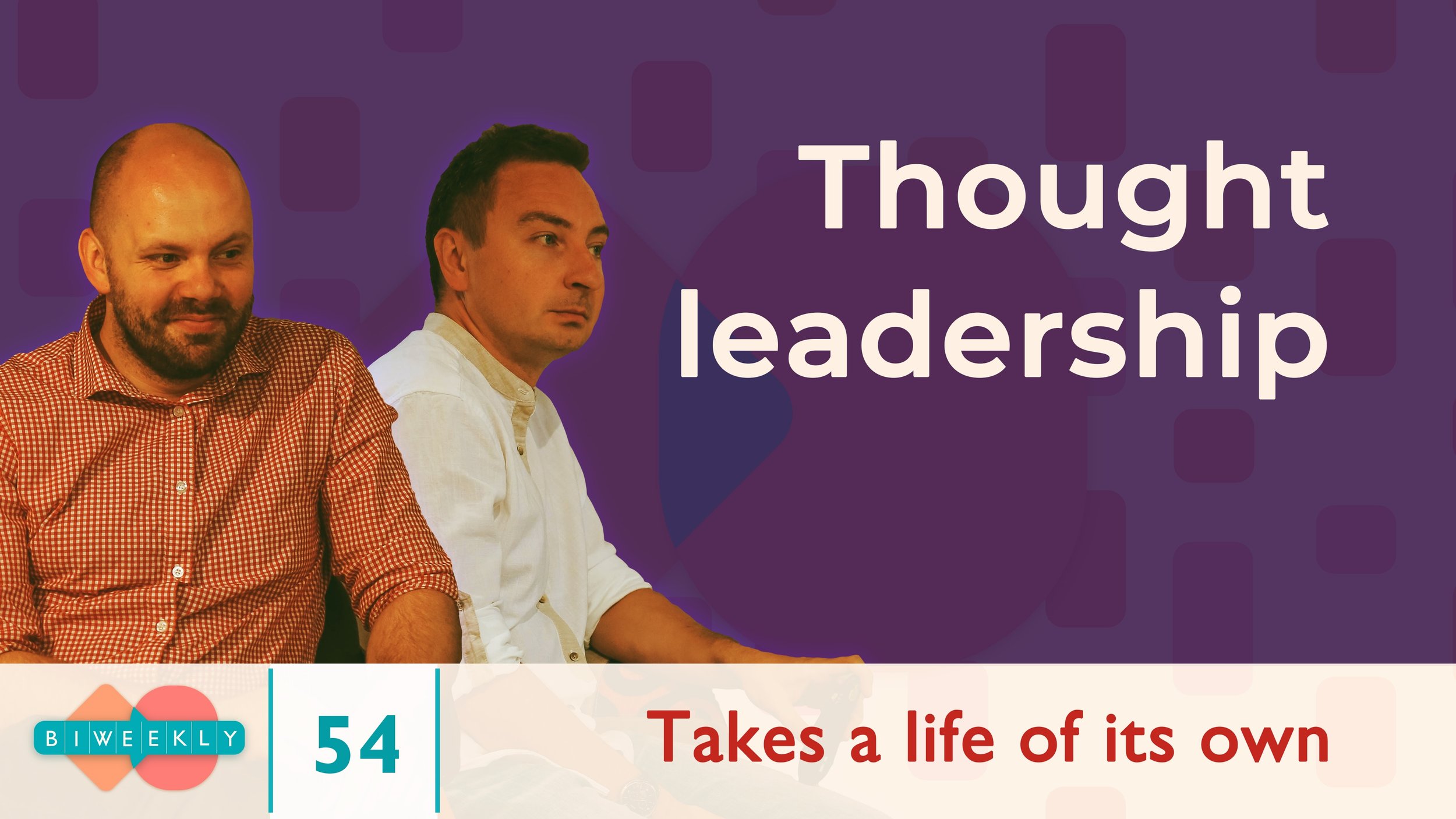
54: Thought leadership
Dima and Slava discuss the ineffable concept of thought leadership and politely disagree with the author of publication that sparked the discussion.
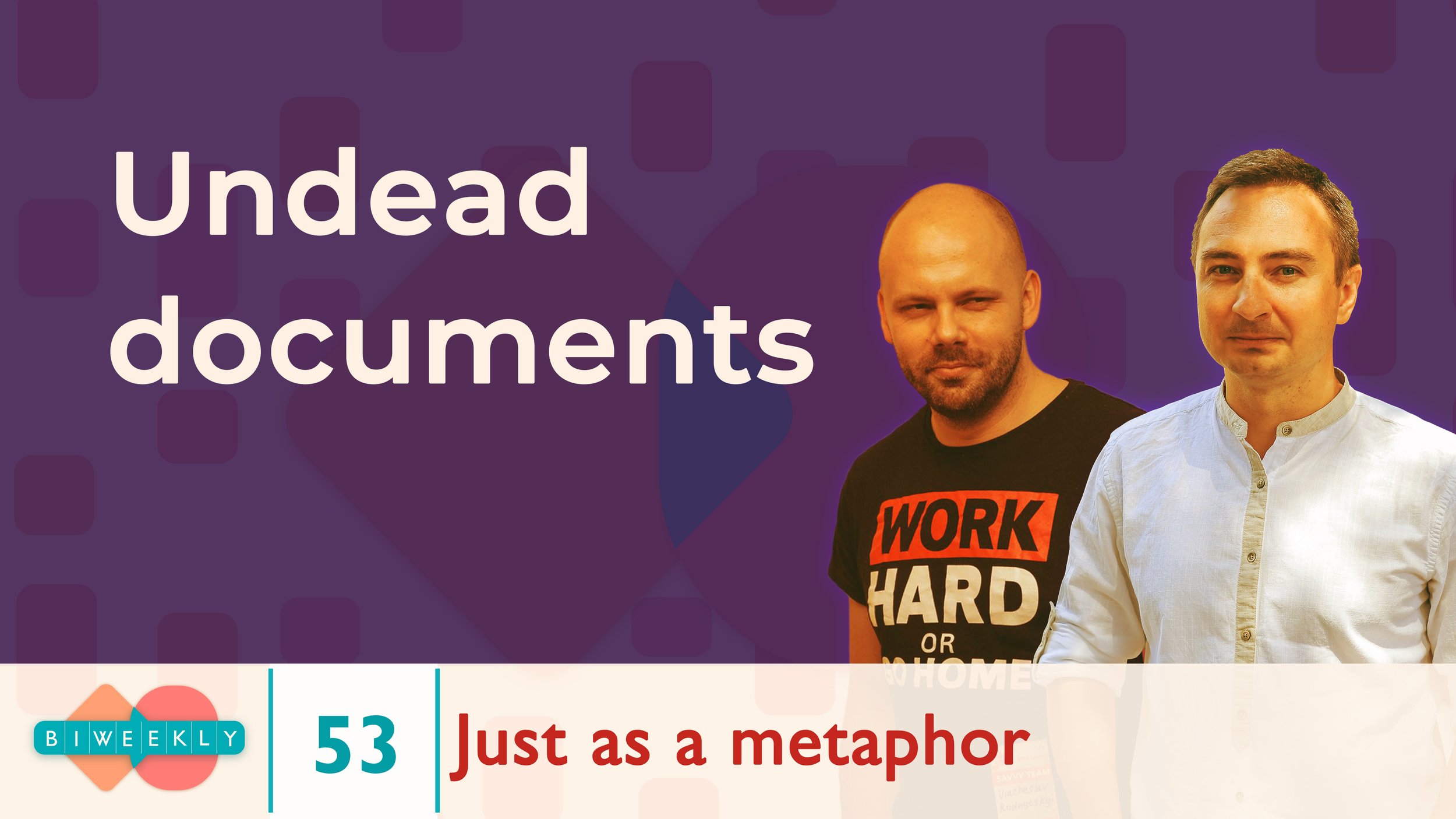
53: Undead documents
Dima and Slava discuss documentation for systems, processes, and so on, and debate how to prevent it from crossing the line from being helpful to being actively misleading.
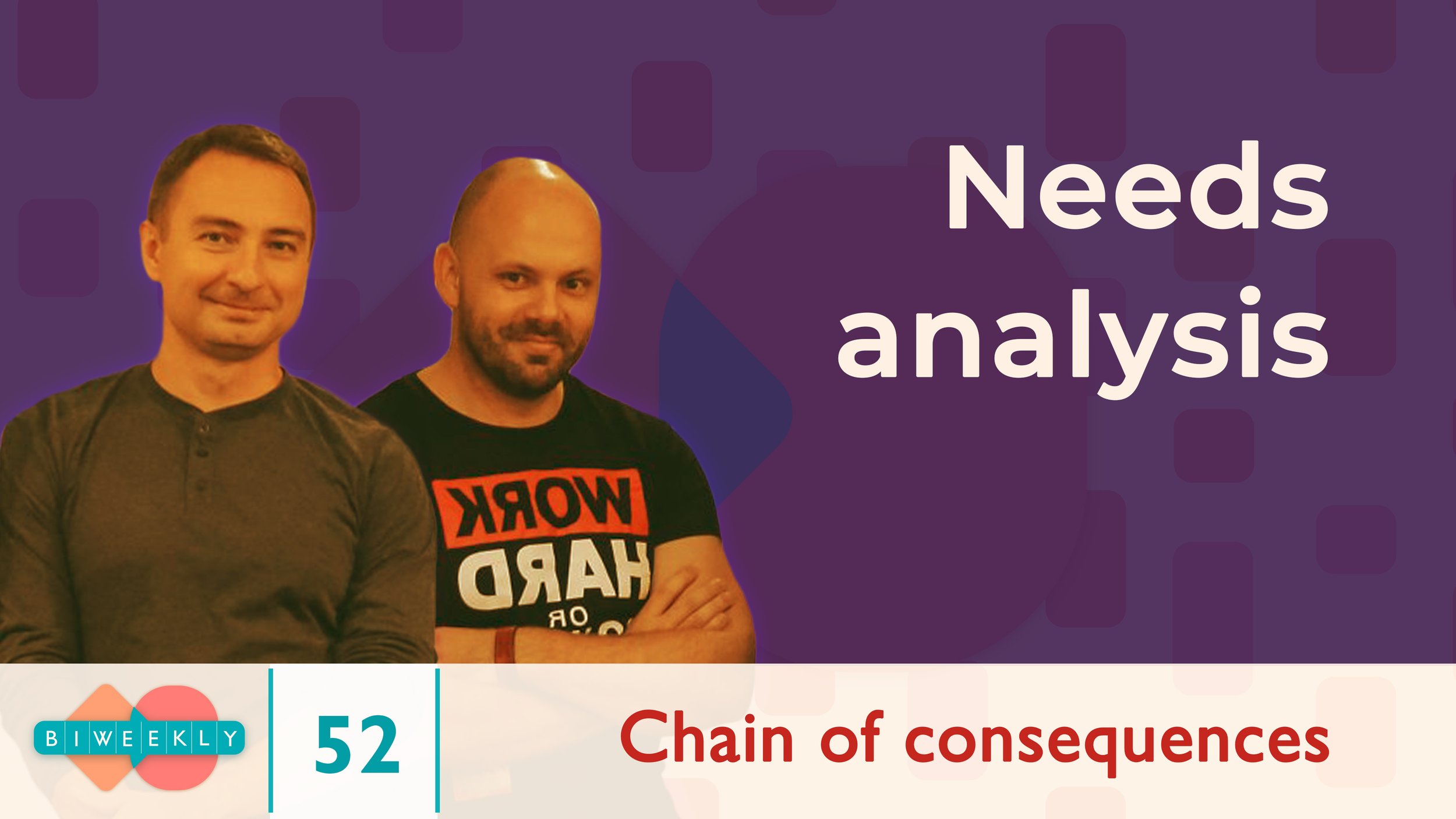
52: Needs Analysis
Dima and Slava kind of follow up on the discussion of Customer Development in the previous episode and talk about chains of results in assessment of customer needs.
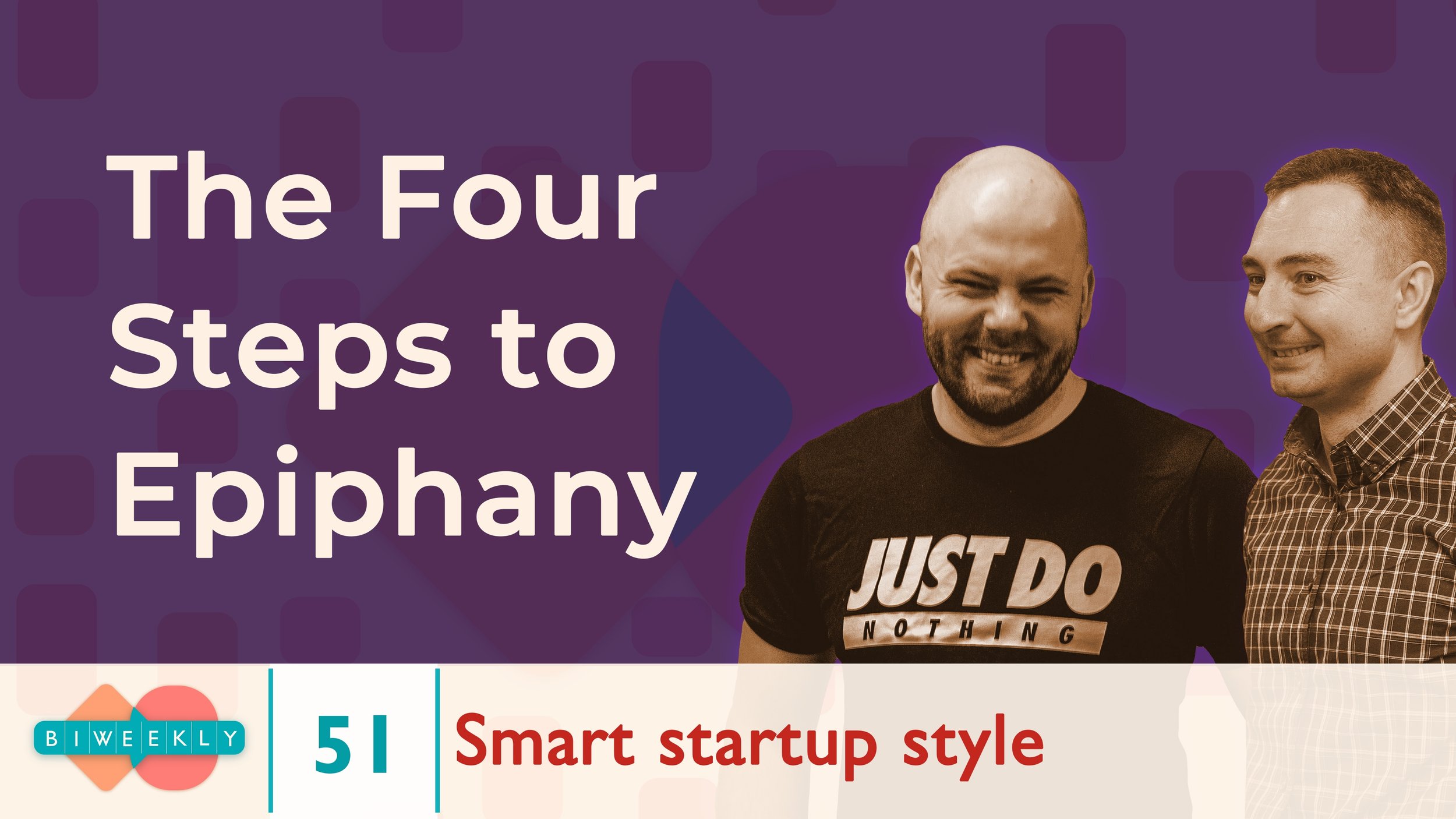
51: The Four Steps to Epiphany
Dima and Slava read and discuss "The Four Steps to Epiphany" – a classical book for entrepreneurs and startup founders.

50: More precise
Dima and Slava follow up on the conversation they started in episode 47 and Dima tries to articulate more precisely what he means by people not being specific enough and gives example of common pitfalls of obscure communication.
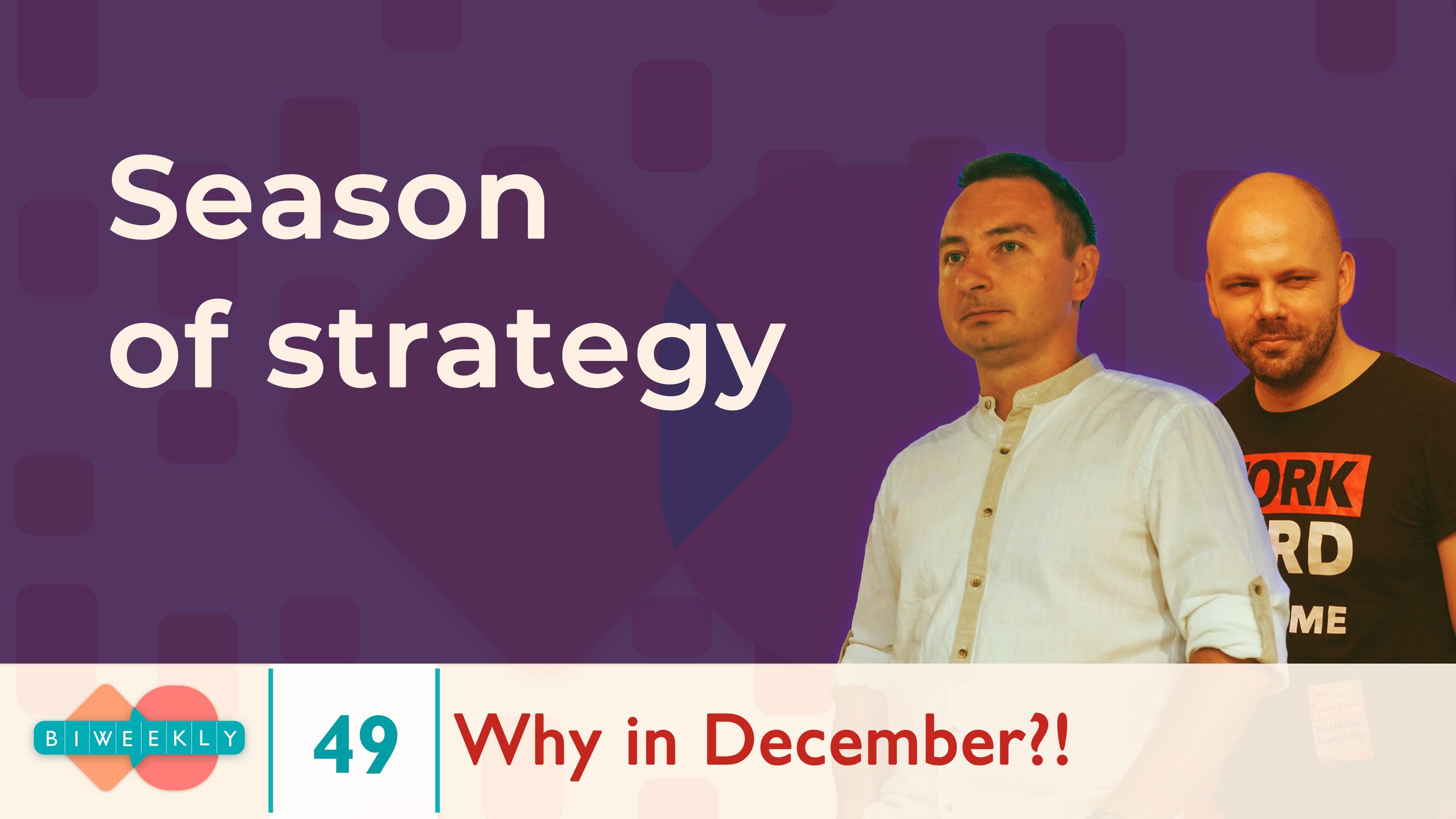
49: Season of strategy
Dima and Slava dive into wonderful season of strategic sessions and try to deduce why everyone does them in December and how to make working on strategy a time well spent.
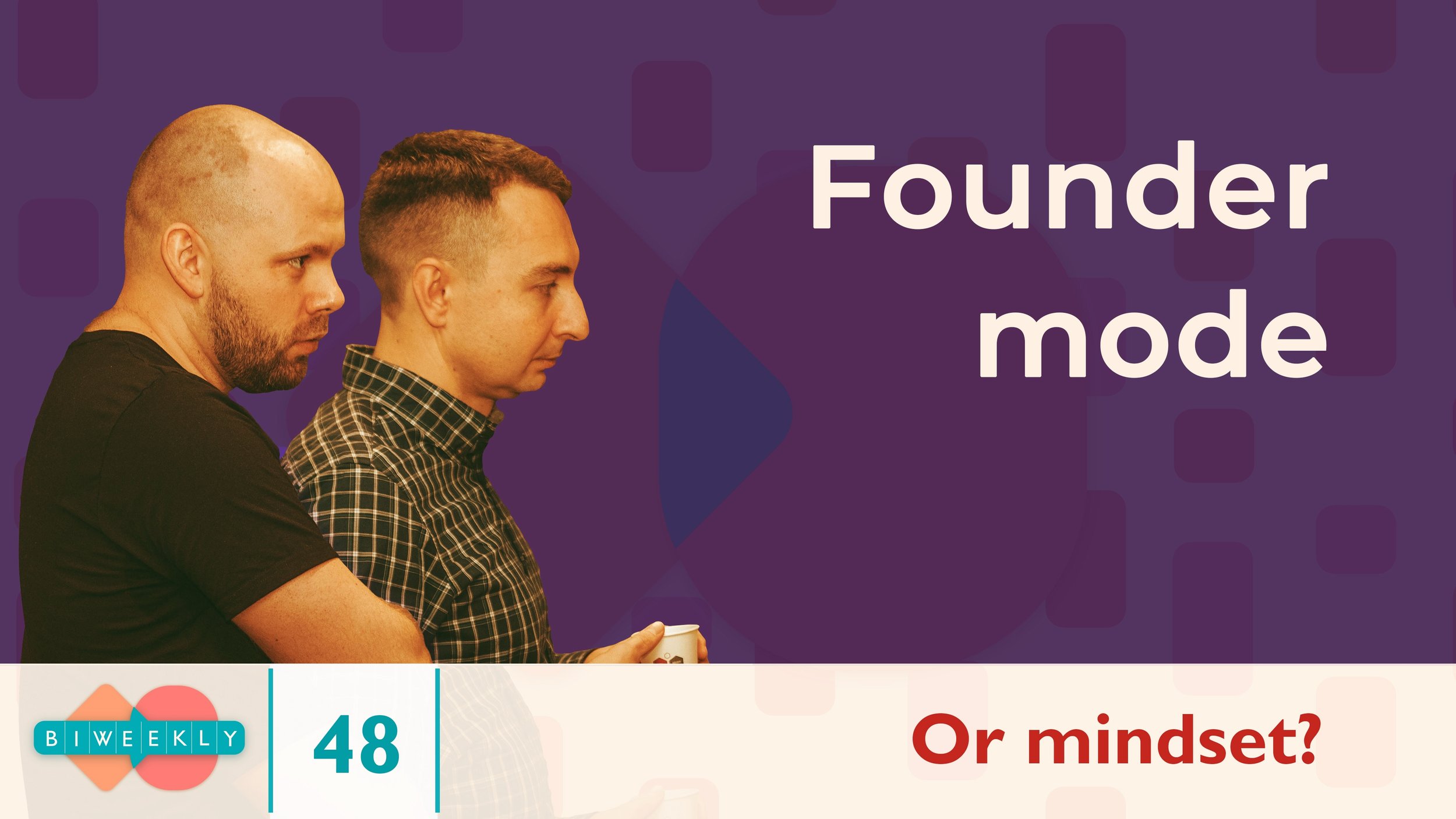
48: Founder Mode
Dima and Slava discuss "Founder Mode", an essay by Paul Graham about differences between more founders and hired managers in tech companies.

47: Can you be more specific?
Dima shares his longing for the necessary details and the right level of abstraction, while Slava tries to persuade him that all the details aren't always necessary and everything can be fine anyway.
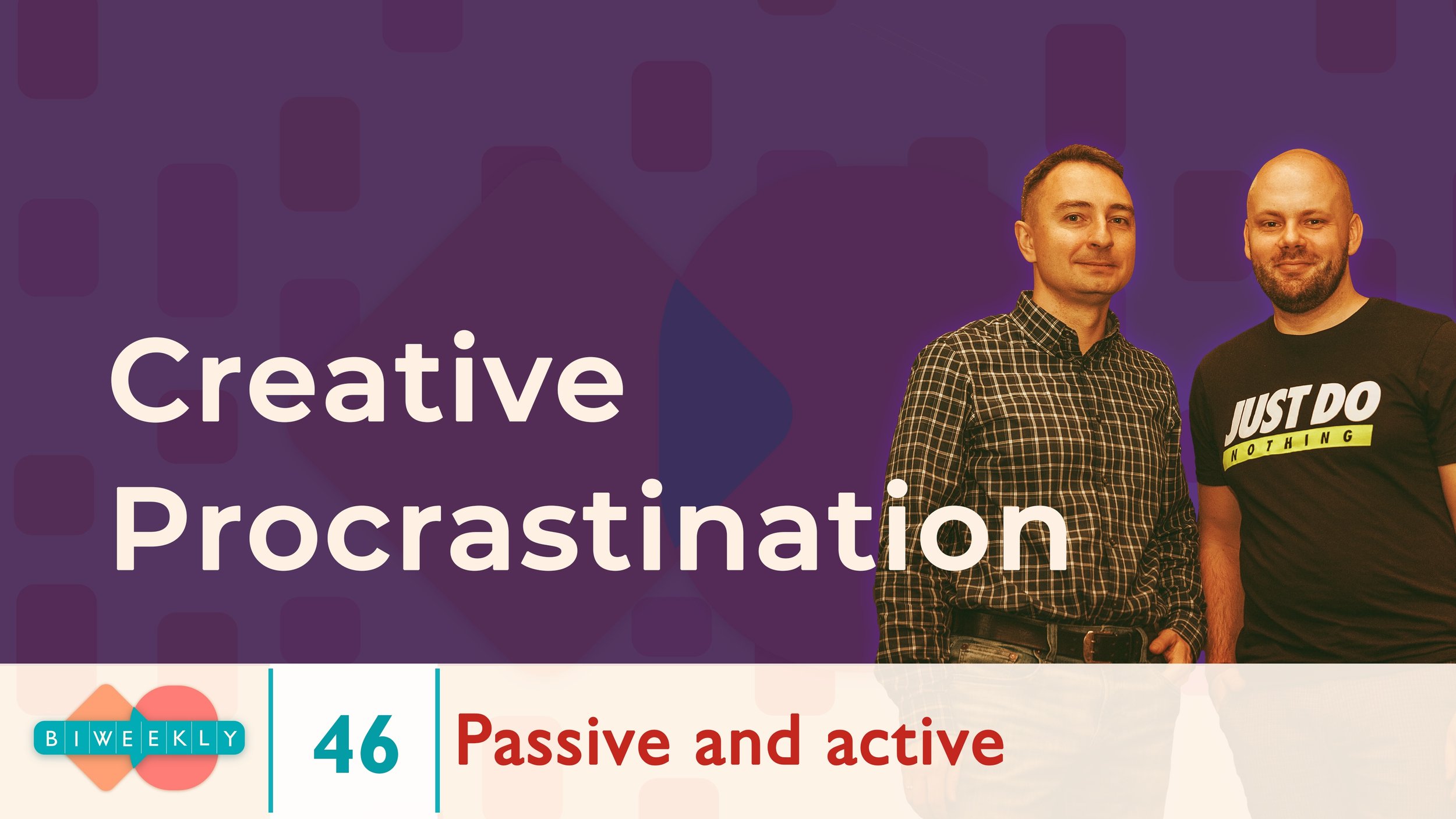
46: Creative Procrastination
From the discussion it is not entirely clear if Dima and Slava talk about procrastination that gets in the way of them accomplishing creative endeavors or all the creative they find to postpone working on hard and important things.
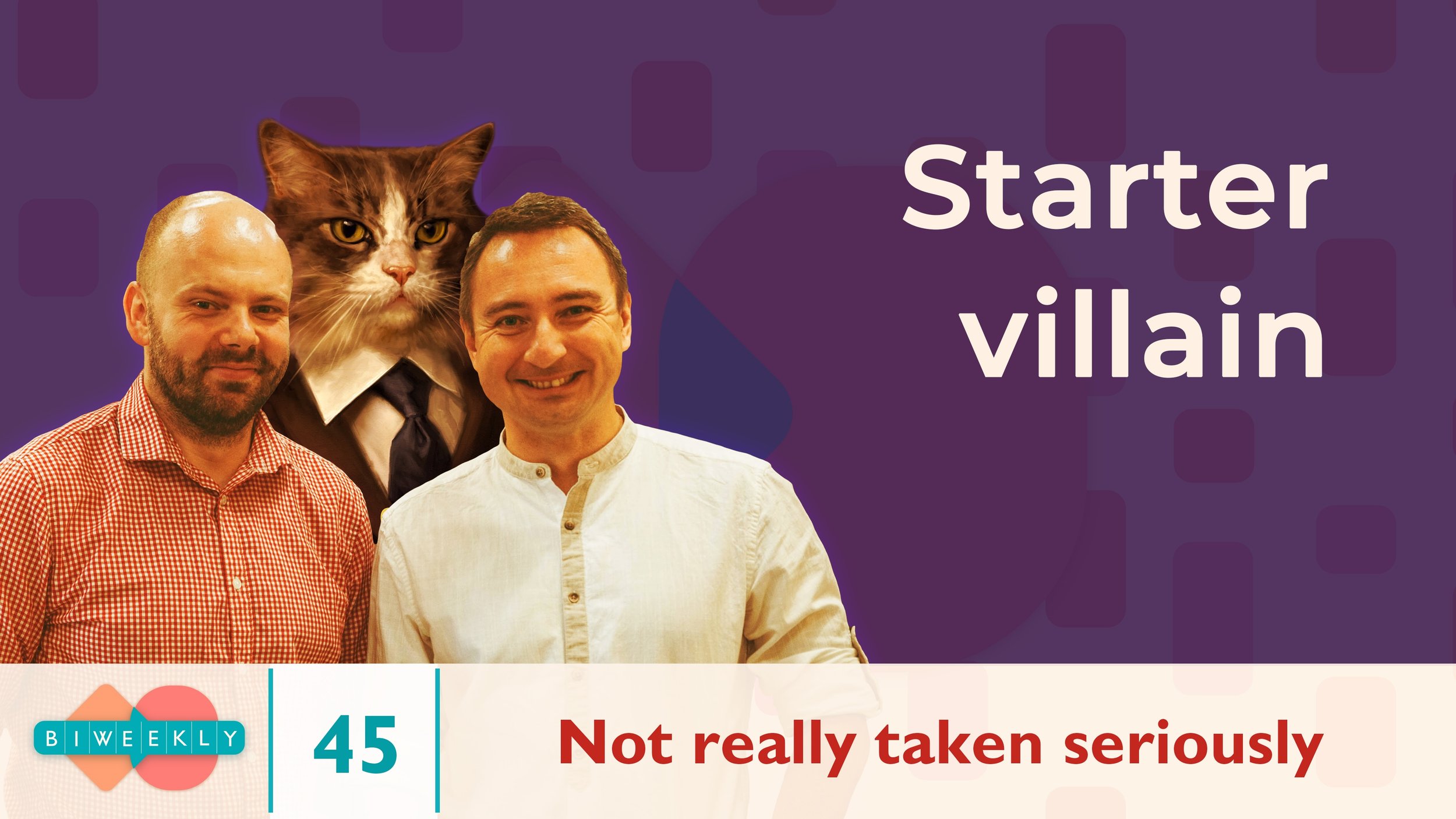
45: Starter Villain
Dima and Slava play literary critics and discuss "Starter Villain" – a book by John Scalzi.
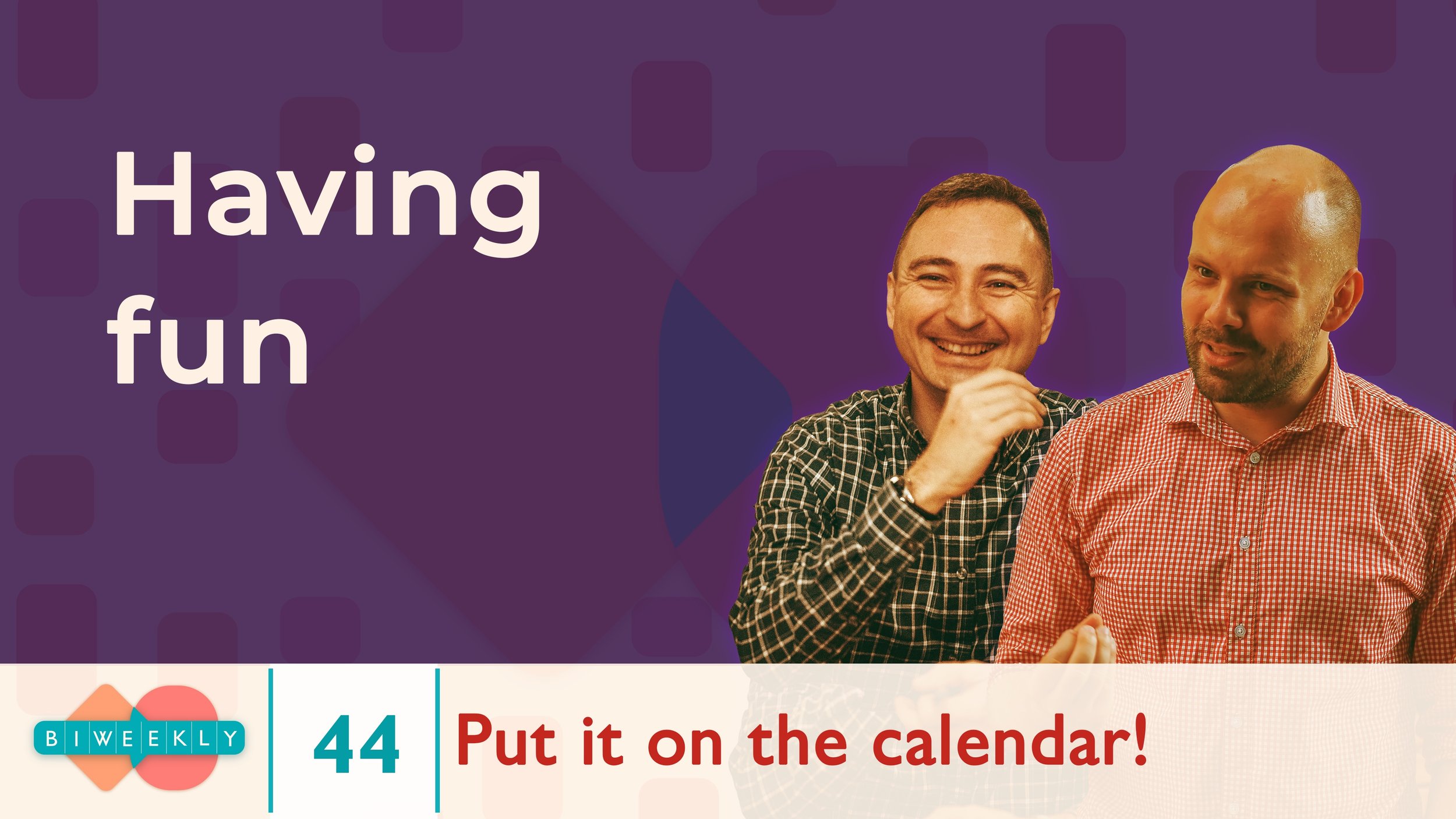
44: Having Fun
Dima and Slava discuss different facets of having fun, discover the golden pentagon of productive state of mind, and nearly form a consultancy to preach that around the world.
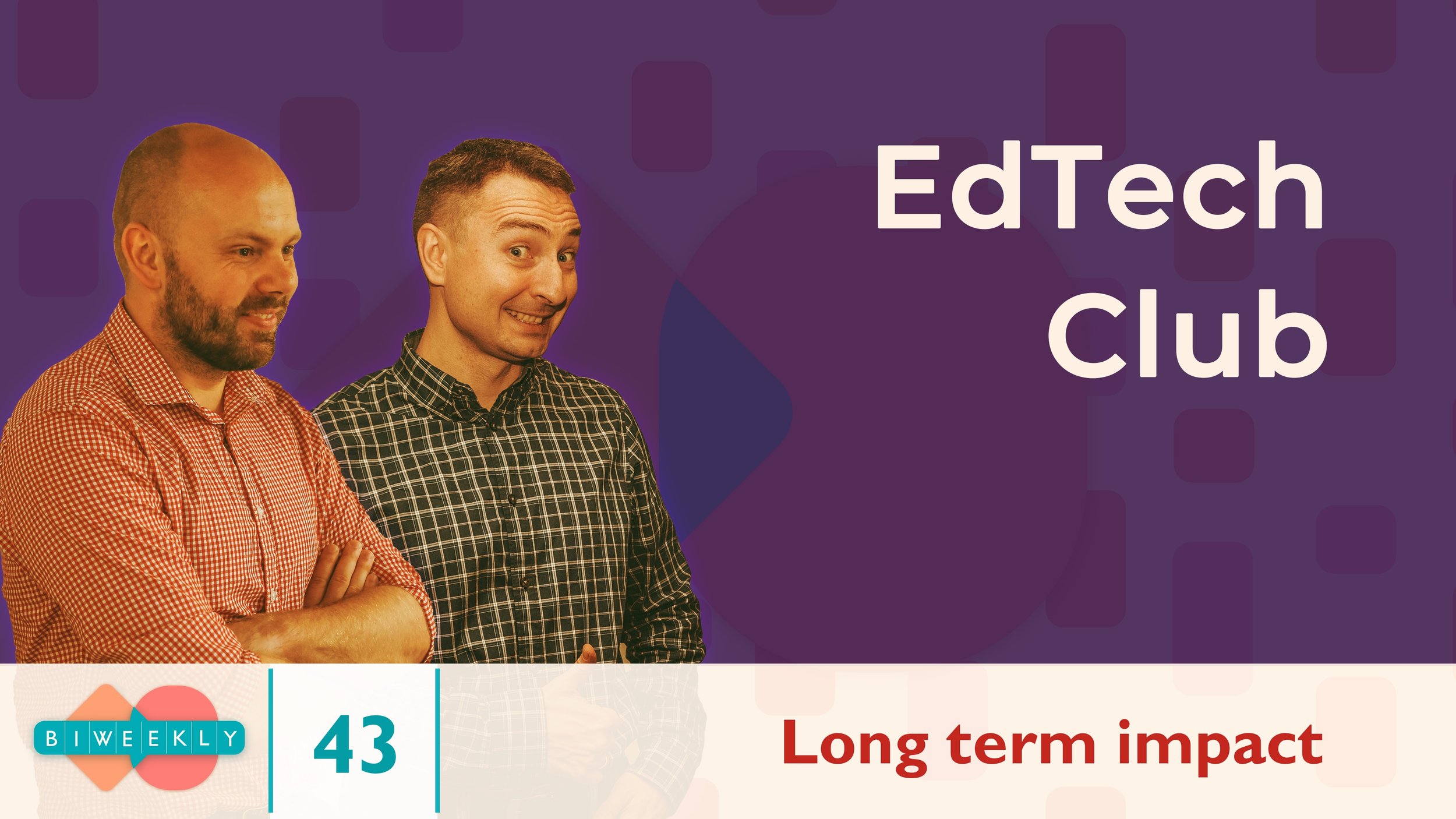
43: EdTech Club
Slava shares his latest idea and initiative to create a space for EdTech companies to talk and work together on socially important projects. Dima, naturally, gets to ask questions to test the thinking.
